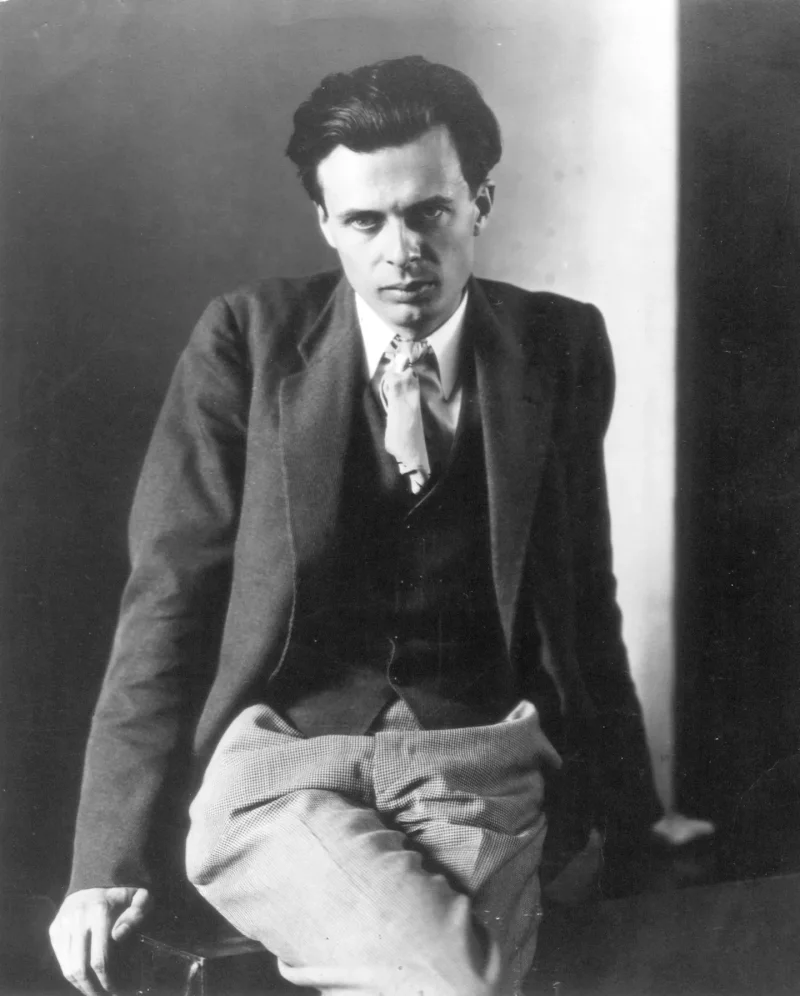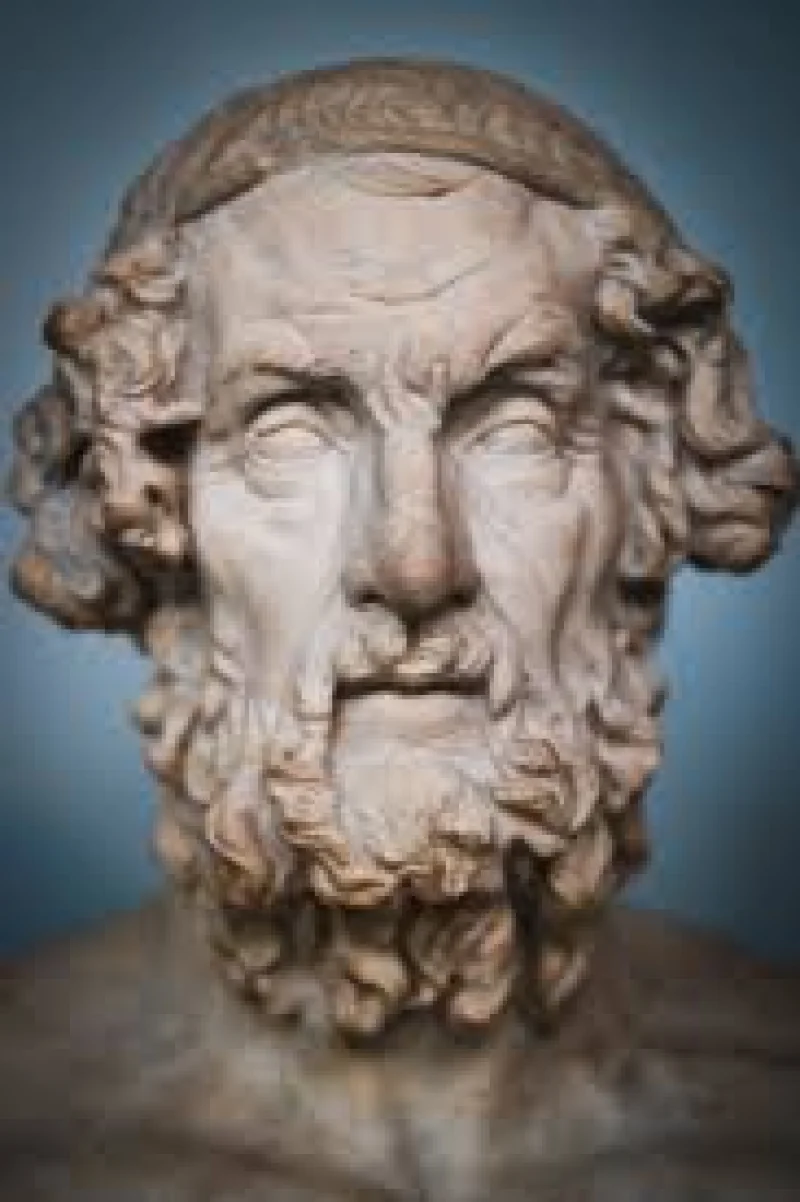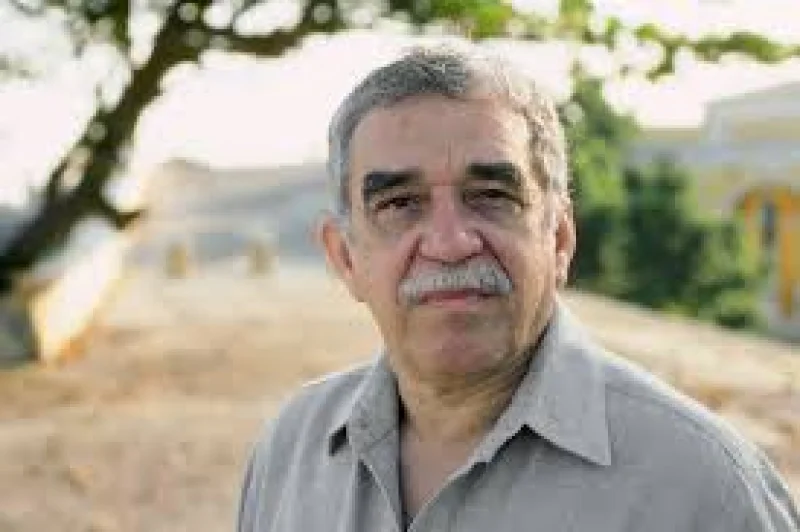Short Summary
Aldous Huxley was a renowned British writer and philosopher, best known for his dystopian novel "Brave New World." Born in 1894, he became a prominent literary figure in the 20th century, exploring themes of science, religion, and human potential. Huxley's works have had a lasting influence on literature and culture, with "Brave New World" serving as a critical examination of technology and society.
Early Life & Education
Aldous Huxley was born on July 26, 1894, in Godalming, Surrey, England, into a family of intellectuals. His father, Leonard Huxley, was a writer and schoolmaster, and his grandfather, Thomas Henry Huxley, was a famous biologist. Huxley attended Eton College, where he excelled academically until an illness left him nearly blind for a period. Despite this challenge, he went on to study English literature at Balliol College, Oxford. The early loss of his mother and his partial blindness deeply influenced his outlook on life and literature.
Career Highlights
Huxley's career began in journalism and literary criticism before he published his first novel, "Crome Yellow," in 1921. His early works established him as a satirist of British society. In 1932, he published "Brave New World," his most famous work, which explored the implications of unchecked technological advancement. In the 1940s, he moved to the United States, where he continued to write novels, essays, and screenplays. Huxley also became interested in mysticism and psychedelics, which influenced his later works, such as "The Doors of Perception" and "Island."
Major Achievements
- "Brave New World" (1932): A seminal dystopian novel that critiqued the potential dehumanization in technologically advanced societies.
- "The Doors of Perception" (1954): A groundbreaking work that explored human consciousness and inspired the counterculture movement.
- Prolific Essayist: Known for his essays on a wide range of topics, from art and literature to religion and science.
- Academy Awards Nominee: Co-wrote the screenplay for the film "Jane Eyre," which was nominated for an Academy Award.
Famous Quotes
- "Words can be like X-rays if you use them properly—they'll go through anything."
- "Happiness is not achieved by the conscious pursuit of happiness; it is generally the by-product of other activities."
Interesting Facts
- He was a member of the Bloomsbury Group, a circle of influential English writers and intellectuals.
- Huxley was a strong advocate for pacifism and opposed war vehemently.
- He was nominated for the Nobel Prize in Literature seven times.
- His death on November 22, 1963, coincided with the assassination of President John F. Kennedy.
Legacy / Influence
Aldous Huxley's legacy endures through his thought-provoking works, which continue to challenge readers to reflect on the role of technology and the nature of human freedom. "Brave New World" remains a cornerstone of dystopian literature, often compared with George Orwell's "1984." His exploration of consciousness and human potential has also influenced the fields of psychology and the arts.
FAQ
Q: Why is Aldous Huxley famous?
A: He is best known for his novel "Brave New World," which critiques technological advancement and social control.
Q: What themes did Aldous Huxley explore in his work?
A: Huxley explored themes such as dystopia, technology, human consciousness, and mysticism.
Q: Did Aldous Huxley receive any awards for his work?
A: Though he never won a major literary award, he was nominated for the Nobel Prize in Literature multiple times.
Q: What influenced Aldous Huxley's interest in mysticism?
A: His exploration of human consciousness led him to study mysticism and experiment with psychedelic substances.












